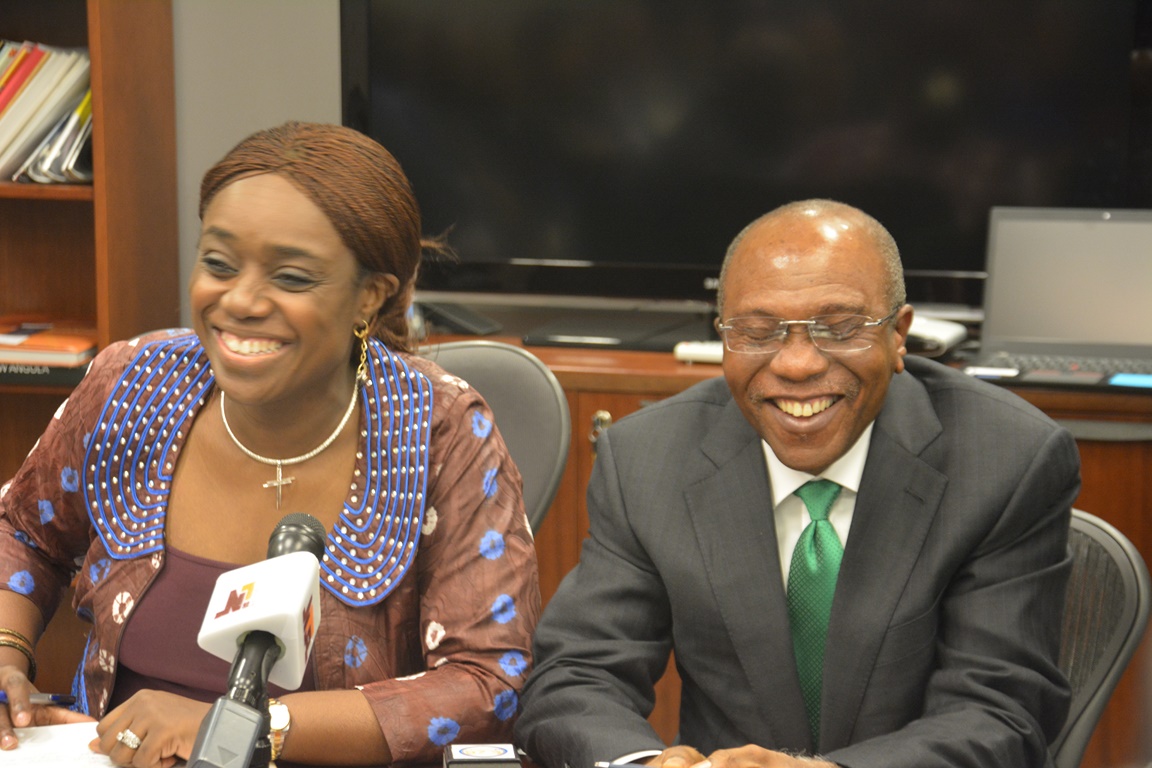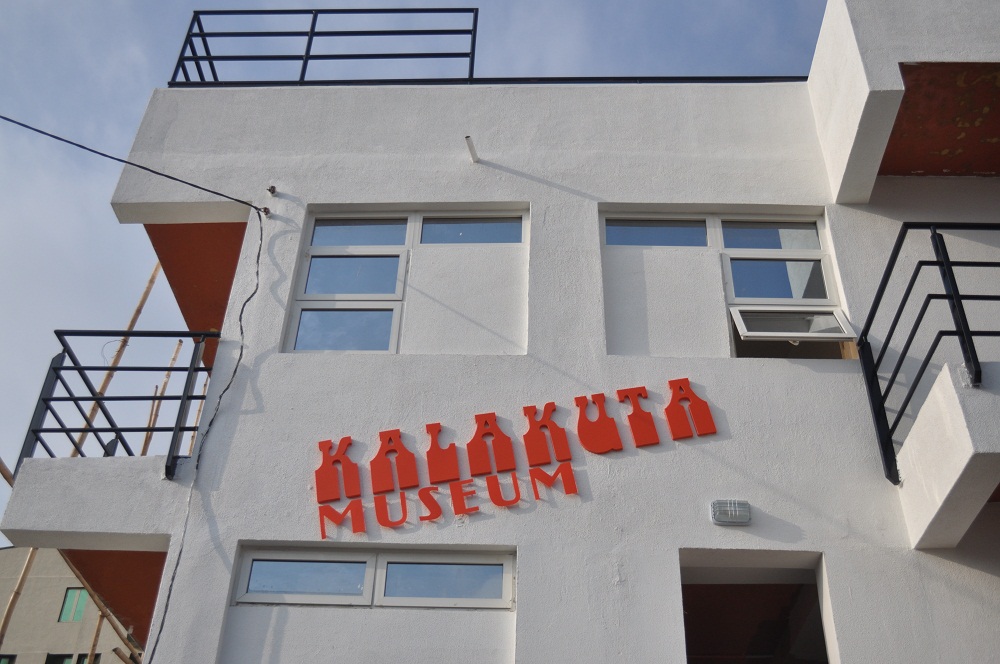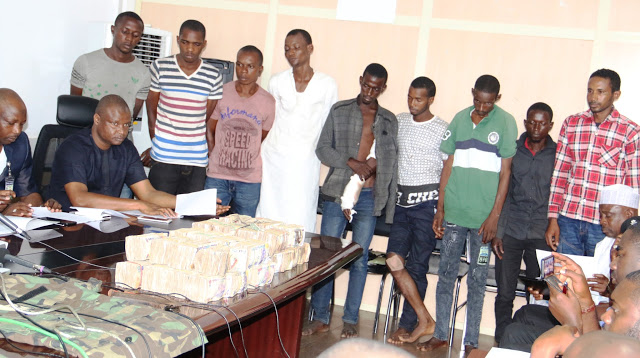The Department of State Services (DSS) raid on some judges has been the issue in the media since Saturday when the news was made public.
Nigerians, including legal practitioners, have been divided over the operation, but the presidency has tried to justify the action of the secret police, saying it was aimed at ridding the judiciary of corruption.
While some have been released others are currently in detention. Below is a lowdown on judges affected in the first of such operation, as the DSS has vowed to carry out more.
ADENIYI ADEMOLA
Adeniyi is a judge of the federal high court, Abuja. He is the grandson of Adetokunbo Ademola, whom the colonial masters appointed chief justice of Nigeria in 1958. He remained in that position till 1972, making him the longest serving chief justice in the history of Nigeria.
Advertisement
TheCable understands that Ademola has been very controversial even among lawyers who often question how he arrives at his judgments.
Adeniyi was the judge in whose court the DSS arraigned Sambo Dasuki, former national security adviser. He also presided over the forgery case which the federal government brought against Senate President Bukola Saraki, Ike Ekweremadu, his deputy, and that which sacked Ahmadu Fintri as acting governor of Adamawa state. Adeniyi comes from Ogun state
SYLVESTER NGWUTA
Ngwuta is a supreme court judge who hails from Ebonyi state. Having served at a high court in Abia state, and the appeal court, he was elevated to the supreme court in 2011. He has been a member of several election petition tribunal, governorship and legislative house election petition tribunal since 1999.
Advertisement
He was a member of the Nasarawa state tribunal, which sat in Lafia, the state capital in February 1999, the national assembly election petition tribunal, Plateau state, in Jos in April 1999, among others.
He presided over the ruling that affirmed Olusegun Mimiko as governor of Ondo state in May 2013 and also presided over the ruling of the Supreme Court that affirmed Kayode Fayemi as governor elect of Ekiti state, and recently he affirmed the election of Yahaya Bello, governor of Kogi state.
INYANG OKORO
Inyang Okoro is an indigene of Akwa Ibom state. He was a judge of the high court of Akwa Ibom. Okoro got elevated to the position of justice of the court of appeal in 2006. Eight years later, the senate confirmed his appointment as a justice of the supreme court justice, and he was sworn in by Aloma Mukhtar, the first female chief justice of Nigeria in November.
In January, he delivered judgment on a friction involving factions of the Peoples Democratic Party (PDP) in Anambra state. Okoro’s panel held that the Ejike Oguebego-led PDP executive had the sole right to hold the primary election in Anambra. Back then, the judgment was misinterpreted to mean that Andy Ubah and Stella Oduah, two senators from the state had lost their seats since they emerged through primary elections that were conducted by another faction. The issue was later resolved with the explanation that the apex court was silent on the aspect involving seats of the lawmakers.
Advertisement
NNAMDI DIMGBA
Dimgba was in the top two of his class at the University of Nigeria. He was called to the Nigerian Bar in September 1999. He holds a BCL degree from the University of Oxford (Worcester College), a Certificate in US Law and Legal Methods from Suffolk University in Boston, USA and a PhD in Competition Law from the University of the West of England (UWE), Bristol, where he was also a law lecturer in corporate and competition law until 31 August, 2006. President Muhammadu Buhari appointed him a federal high court judge in November.
A day to his arrest, Dimgba chided the DSS for flouting an order to remand Umar Mohammed, a retired air commodore, to prison. Mohammed was ordered to be remanded in Kuje prison on Thursday and on Friday, the DSS failed to produce him at a hearing for his bail application.
KABI AUTA
Auta is an indigene of Borno state. A graduate of Ahmadu Bello University, Zaria, he was called to bar in 1977. Auta was the attorney-general of Borno between 1988 and 1989. After a year in office, he was appointed a chief judge. He was the national president, Magistrate Association from 1986-1988. He was also the chairman, civil disturbances tribunal, Port-Harcourt in 1995.
In 1999, he chaired the national assembly election tribunal for Anambra State 2010. He was later appointed a judge at the Kano state high court. Two weeks ago, the National Judicial Council (NJC) recommended Auta for prosecution over an allegation of collecting N197m from one Kabiru Yakassi who wrote a petition to the NJC.
Advertisement
NJC also asked Abdullahi Ganduje, governor of Kano state, to dismiss him, and also recommended that Auta should be handed over to the assistant inspector-general of police, zone 1, Kano, for prosecution.
MUAZU PINDIGA
Pindiga is a judge of the Gombe state high court. He was the chairman of the Rivers state election petition tribunal, but was replaced following a petition that he had been bribed by a key actor in the election.
Advertisement
MOHAMMED TSAMIYA
Tsamiya was born on December 31, 1949. He was a judge of the court of appeal in Ilorin. Before his posting to Ilorin, he served as a justice of the high court, Sokoto. Citing a petition written against him based on election appeal panel in the Owerri division of the court during the 2015 general election, the NJC asked President Buhari to compulsorily retire him. One Nnamdi Iro had accused the judge of demanding the sum of N200m on three different occasions to influence the court ruling.
INNOCENT UMEZULIKE
Umezulike, the immediate past chief judge of Enugu state, was born in Rivers state on September 21, 1953. He obtained a bachelor’s degree in law from the University of Lagos in 1976, and was appointed a legal adviser in the Nigerian Television Authority (NTA) that same year. He lectured at the Nnamdi Azikiwe University, where he rose to the position of an associate professor. The federal government nominated him to serve in the supreme court of the Gambia.
Advertisement
The judicial council recommended him for sack over allegations of corruption. He was accused of delivering judgment in a case 126 days after final addresses were adopted by parties. During his book launch, he was said to have allegedly received a donation of N10m from a businessman, Arthur Eze, while two cases in which Eze was said to have had vested interest, were in the judge’s court.
Advertisement
5 comments








These judges were very corrupt throughout their times on the bench. The watchdog agency, NBA that is responsible for the discipline and remover corrupt legal professionals are often lack the coursge of performoing it roles deligently as charged by the constitution. As a nation that was once respected by international society for its legal sysytem, SSS and DDS are within their obligated legal duty to investigate, arrest and prosticute corrupt legal proessionals including judges or anyone without regard to their social status. If any ordinary Nigerian have committed any of these offenses that these judges were alleged of, he or she would have been committed to prison.
Dear fellow Nigerians, let us support the government and law enforcement efforts to arrest curroptions in our nation in order to have a better civil functioning society that we can all be proud. God bless Nigeria and her people.
Good comment.
Amen! Thank you for sharing your wisdom with us
NBA??? Ah!!!!. Arev they not the one facilitating the bribery? Oh!!!! You sems to forget Rickey Tarfa (SAN)
Nigerians can always rush to support or conclude without hearing from both sides. Read Justice Ademola’s side of the story and ask yourself if that is possible in Nigeria.